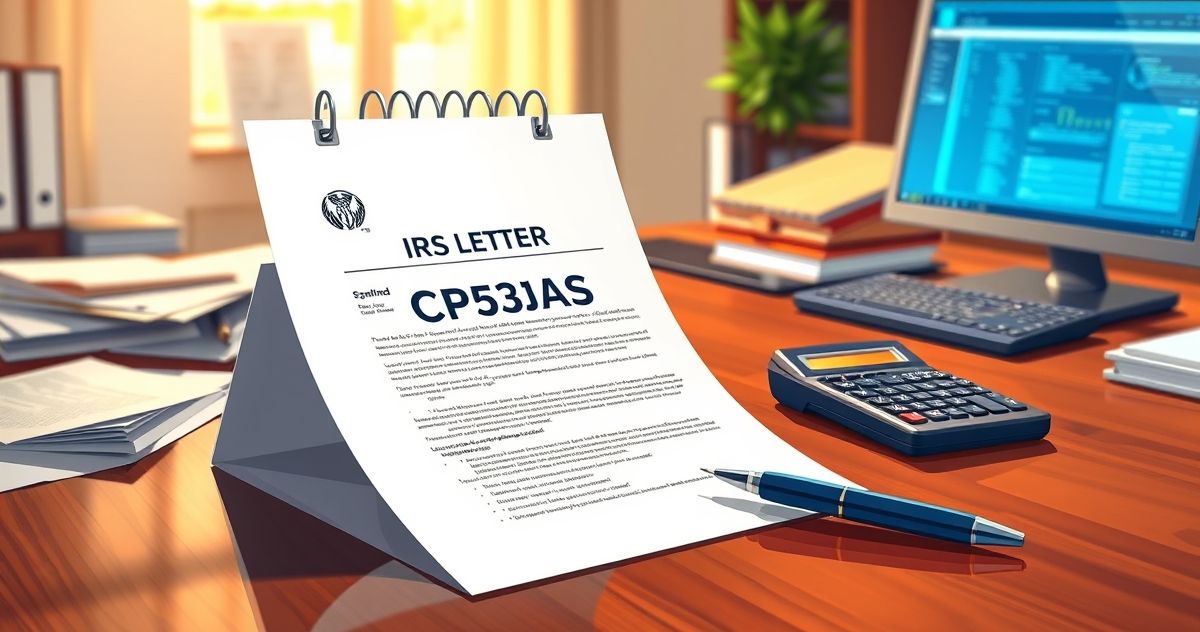Understanding the CP523AS Notice
The CP523AS Notice is an official communication from the Internal Revenue Service (IRS) that alerts taxpayers about the possible termination of their existing installment agreement. Installment agreements are arrangements made by taxpayers to pay their tax liabilities over time, rather than in a single lump sum payment. These agreements are crucial for taxpayers who need time to settle their tax obligations without facing immediate financial pressure.
Primary Purpose of the CP523AS Notice
The principal goal of the CP523AS Notice is to inform taxpayers of the potential cancellation of their installment agreement. This notice is typically sent when the taxpayer has defaulted on the agreed payment terms, such as missing payments or failing to comply with the filing requirements stipulated under the agreement.
Key Features of the CP523AS Notice
The CP523AS is a comprehensive notice and includes several essential components that taxpayers should heed:
- Reason for Issuance: The notice will clearly state why it is being sent, such as missed payments or unfulfilled obligations under the installment agreement.
- Consequences of Non-Compliance: It will outline the potential consequences of failing to remedy the default, including the cancellation of the installment agreement and possible collection actions like levies or liens.
- Steps for Resolution: The notice provides options for the taxpayer to consider, such as making the overdue payment, setting a new payment agreement, or contacting the IRS for assistance.
- Deadlines: It specifies deadlines by which the taxpayer must respond or remedy the situation to avoid negative consequences.
Compliance and Resolution Requirements
To maintain their installment agreement and avoid the penalties associated with the CP523AS Notice, taxpayers need to:
- Pay any overdue amounts immediately to show compliance with the original terms.
- Ensure that current and future payments are made on time to prevent further default notices.
- Contact the IRS to discuss potential alternatives, such as revising the installment plan to better fit their financial situation.
- Review and remain compliant with all tax filing requirements to ensure no additional defaults occur.
Penalties and Consequences for Non-Compliance
Failing to respond to the CP523AS Notice can lead to significant challenges, including:
- Termination of Agreement: The IRS may terminate the installment agreement, leading to the entire tax balance becoming due immediately.
- Enforced Collection Actions: The IRS may proceed with collection actions such as levying bank accounts, garnishing wages, or placing liens on property.
- Additional Costs: Penalties and interest will continue to accrue on unpaid balances, further increasing the taxpayer’s financial burden.
Importance in Tax Compliance and Financial Stability
The CP523AS Notice serves as a crucial component in maintaining tax compliance and ensuring financial stability for taxpayers with significant liabilities. By responding promptly and addressing the issues outlined in the notice, taxpayers can preserve their installment agreements and evade further IRS actions that could exacerbate their financial situations.
Understanding the gravity of the CP523AS Notice and taking immediate action is vital. Tax professionals or advisors can help navigate the complexities of IRS notices and assist in developing strategies to manage tax debts effectively.
Resolving the issues signaled by a CP523AS Notice not only prevents immediate financial repercussions but also contributes to long-term financial planning and stability for individuals and businesses alike. Keeping an open line of communication with the IRS and ensuring that all tax obligations are met accurately and punctually is essential in maintaining peace of mind and financial health.

